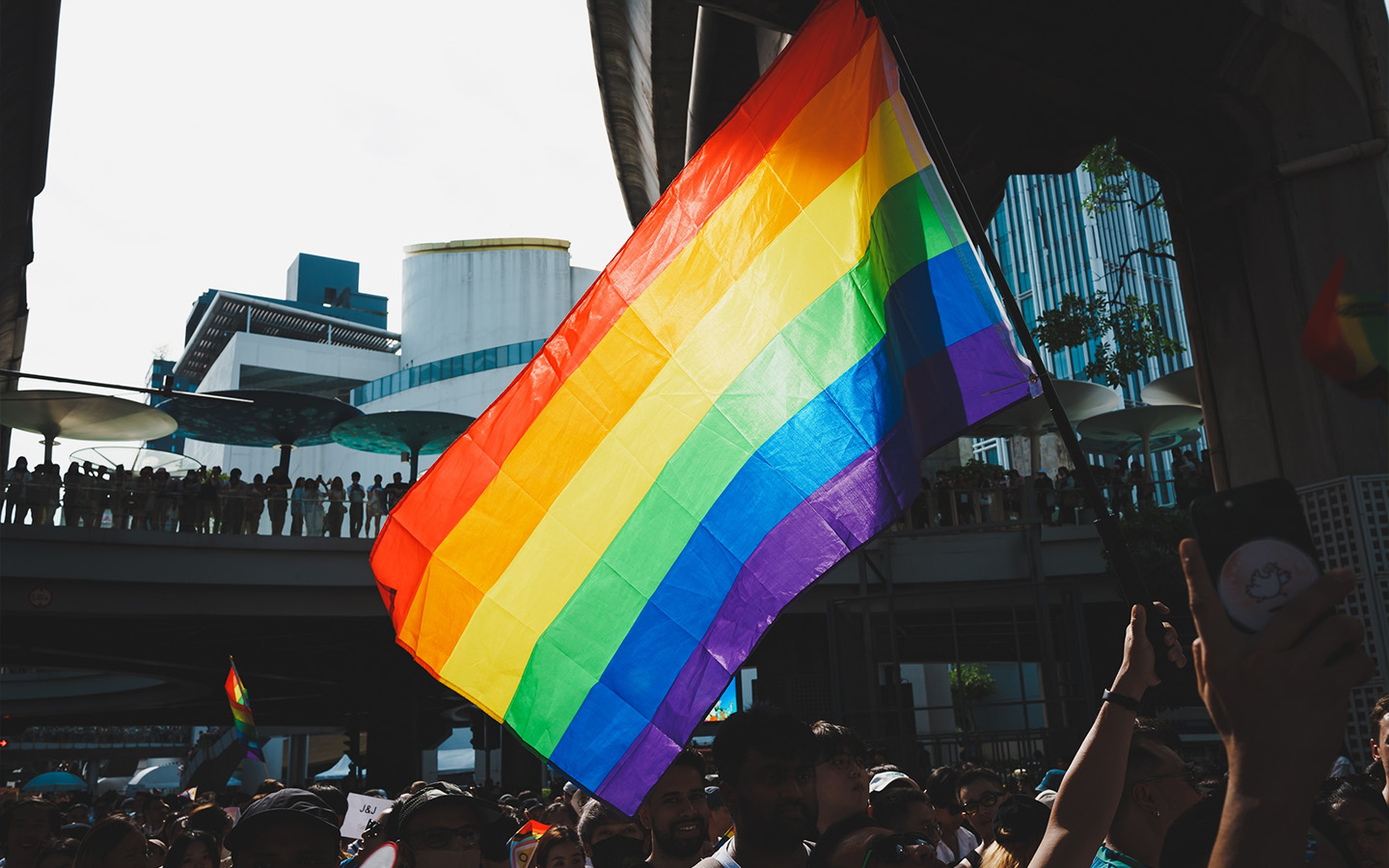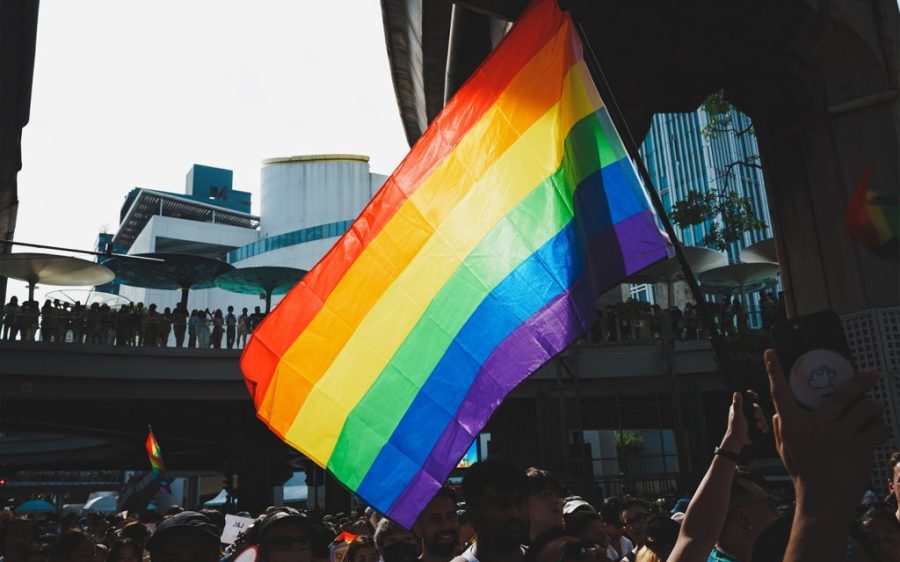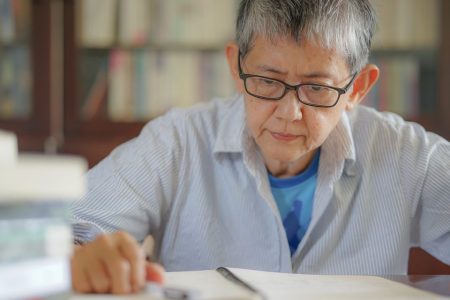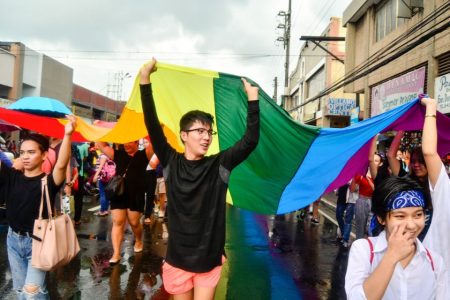In a historic milestone, Thailand became the first country in Southeast Asia to legalize same-sex marriage, granting equal rights to all couples, including transgender individuals. Nearly 2,000 couples across the country tied the knot on Thursday, marking a major breakthrough for LGBTQ+ rights in the region.
After nearly a decade of campaigning, activists hoped to mark the law’s first day with at least 1,448 marriages – a nod to Article 1448 of the Civil and Commercial Code, the law that was amended. By the end of the day, according to the Department of Provincial Administration, some 1,832 couples had married nationwide.
Nearly 200 couples tied the knot at Bangkok’s Siam Paragon mall during a mass wedding event organised by Bangkok Pride. Former Prime Minister Srettha Thavasin attended alongside city officials, while current Prime Minister Paetongtarn Shinawatra declared in a video message: “From now on, all love will be certified by law. All couples will live with honour and dignity.”
[See more: Rainbow of Macau founding director-general urges greater legal protections for Macao’s LGBTQ+ community]
The event included power couple Apiwat “Porsch” Apiwatsayree and Sappanyoo “Arm” Panatkool, Thai actors and influencers who have been together for 17 years and engaged for nearly 11.
While more visible than most, their story is far from unique. Same-sex couple Pisit “Kew” Sirihirunchai, 36, a police officer, and his partner Chanatip “Jane” Sirihirunchai, 42, were the sixth couple to register at the event. “We have been ready for such a long time,” Kew told the BBC. “We have just been waiting for the law to catch up and support us.”
Thailand’s marriage law now uses gender-neutral terms and grants adoption and inheritance rights to all married couples. Same-sex couples can now also make medical decisions for ill or incapacitated partners, as well as extend personal financial benefits, including state pensions, to their staff.
There are still dozens of laws in the country’s legal code that use gendered terms – obstacles to surrogacy – and Thailand lacks a legal pathway to changing genders on official documents, areas where activists say they will continue the fight. But on Thursday, they celebrated a win.
Since the Netherlands first instituted marriage equality in 2001, nearly 40 countries around the world have followed suit. Thailand is the third country in Asia, after Taiwan and Nepal, and the first in Southeast Asia to recognise marriage equality. It has a well-established reputation for acceptance and inclusivity, although formal rights have lagged behind growing public support for LGBTQ+ individuals in the still largely conservative, majority-Buddhist country.
“I want to see the same-sex marriage law available in every country where LGBTQ+ couples are,” Jane told the AP.






